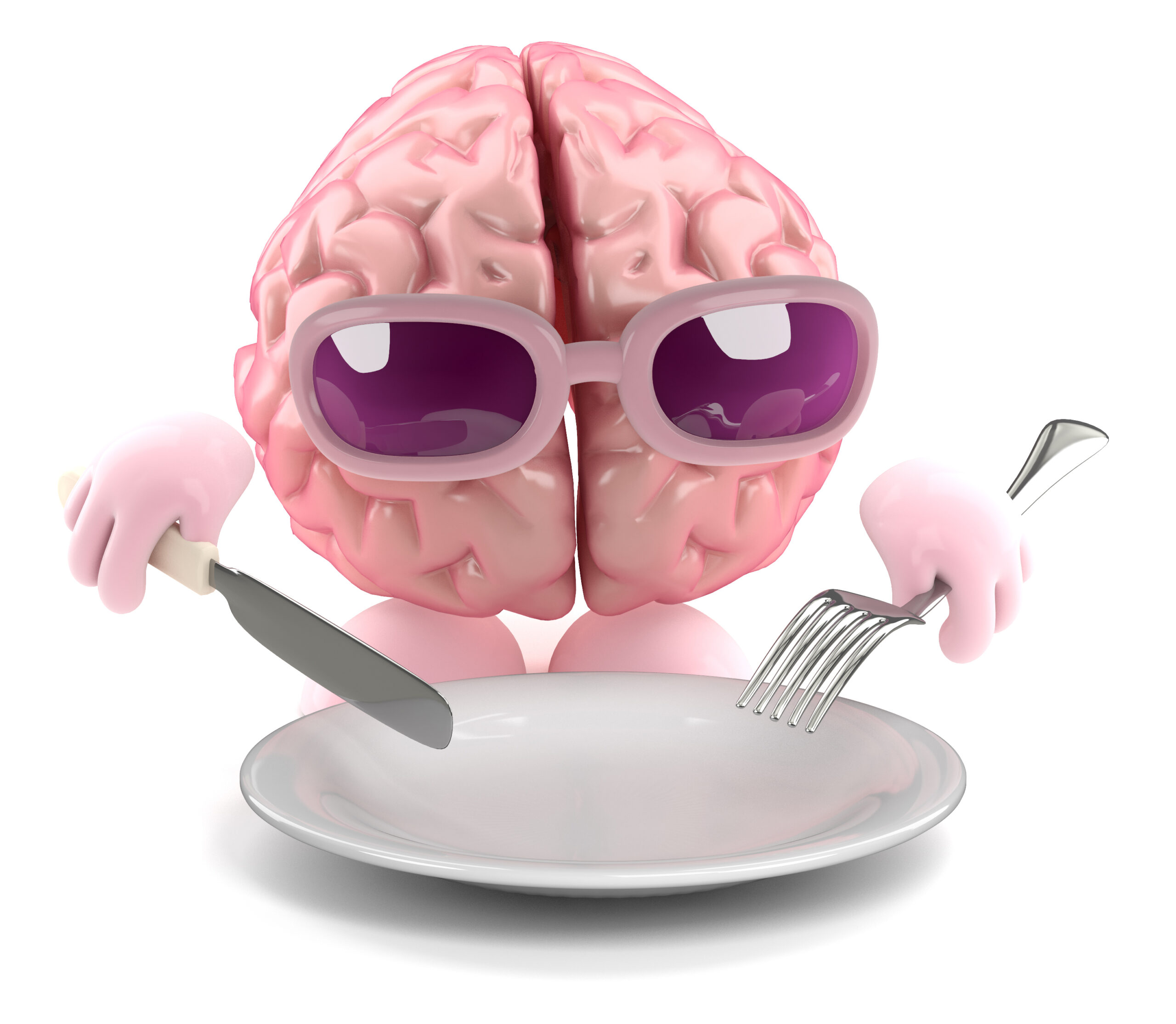On this page:
By thinking about texts as food, you can help learners connect to the emotion that enables them to pay attention when they take tests. When Dr. Shona explains things this way, her kids start to look at the whole test-taking mess a bit differently.
My mentor, Joyce Armstrong Carroll, paraphrases Bruner: “Emotion drives attention. Attention drives memory.” Our first big hurdle is to help learners connect to the emotion that enables them to pay attention. Honestly, they won’t learn if they don’t care.
This means they need to know some stuff about how they learn (see The Learning Process. I’ll be writing more about that later) and how they cope when it’s hard (see The Learning Pit––more about that later as well). But really, we have to tackle the reality of an assessment: They have to read stuff that’s hard and that they don’t necessarily like. They have to figure out how to master their (often, sorry, piss-poor) attitude.
Mom says, “If you eat a frog first thing in the morning, not much worse can happen the rest of the day.” While she’s never served me a frog (she did serve me a fish head one time), she’s not literally saying we have to eat a frog. Sometimes, well, we have to suck it up and do things we don’t want to do. We take a deep breath. Steel ourselves. And then we get moving. We get it done. So it can be over. And so we don’t have to do it again. But how do we help kids do that when they think everything in the world is boring?
Well, I’ve been trying this: John O’Flavahaven talks about consuming, critiquing, and creating as the process of comprehension and composition. What if we thought about texts as food? Everything I eat nourishes me. My body digests it and uses it so I can think, work, and play. (Today was a two-Whataburger day, so I’m pretty happy about that.) Because I am fed and have energy, I’m able to create, contribute, and participate in the world around me. Same is true for what we read (with our ears or eyes).
Every time I read something, I’m adding it to my body and mind. I’m adding to who I am, what I know, and what I’m able to understand and do because of it. Each text is an opportunity to make myself better, more. So I don’t just read texts, I consume them. I make them a part of who I am and how I think. Now, I don’t want just anything or anyone telling me what to think. I don’t want to be made a fool by anyone. I certainly don’t want to be gullible like my sister who got confused about the killer whale at Six Flags: “Momma, when are they gonna kill that whale?”
Nope. I need to understand and digest that test. See what I need to reject or spit out before agreeing. I need to taste the ideas and see if they are worth my time. But I also need to try out new texts and foods to see if I can expand my palate to enjoy more kinds of texts. I don’t want to be like my son’s second grade classmate who wouldn’t eat anything but chicky nuggies and grilled cheese. That kid starved at my house. And how sad that he missed out on all my cookin’ from cuisines around the world! Each text is a chance to learn something new and to add it to my repertoire of interests and abilities and knowledge. And critiquing a text is a lot like digesting it.
But I also need to go further than just knowing stuff. I need to make decisions and do stuff with text. With ideas. That’s when we create with a text. Because we’ve digested/critiqued the text, it has to go somewhere. It comes out as energy or waste. If we are just reading something to answer a bunch of questions, what a poop swirl! (I know it’s irreverent, but eating isn’t just about making a turd.) If we are reading something and can answer questions that prove we can think and reason? We show that we are masters of our own mind and grade-level material that prepares us for life. When I can create something in response to a text with my writing, I show that no one can take advantage of me with tricks or lies.
Seems that when I explain things this way, my kids start to look at the whole test-taking mess a bit differently. Daily, I ask, what did you read that added to who you are today? In what ways are you better, more? I also like Beer’s and Probt’s big questions too: What surprised you? What did the author think you already knew? What changed, challenged, or confirmed your thoughts? I like to end with: What can you do differently now that you know new stuff?
Next Up
That was a lot of brain science, regardless of whether you trudged or skipped my blogs on the Background to Causing Memory, Storing and Retrieving Memories, and now Feeding the Hippocampus to Cause Memory. Knowing all those facts I just wrote about didn’t matter at all if I couldn’t figure out how to teach it to the kids in a way they would accept. So, I adapted an experiment that we use in the Abydos Learning Institute’s Brain Week to discuss the types of memory. See what you think…


